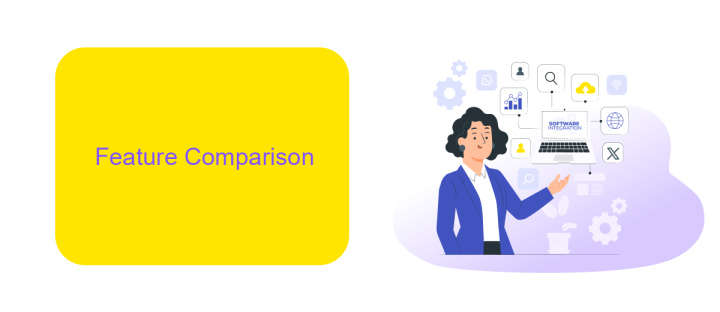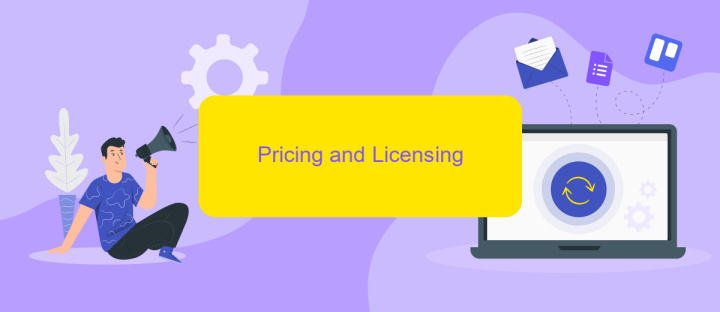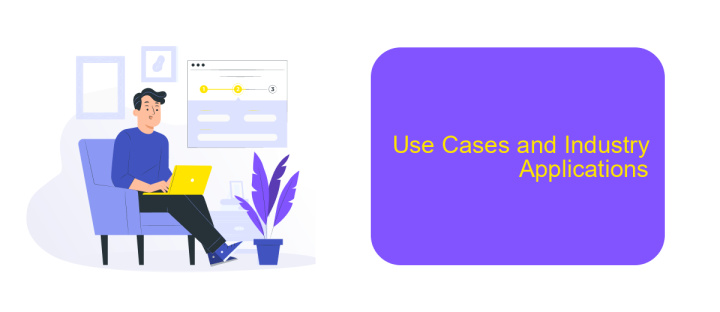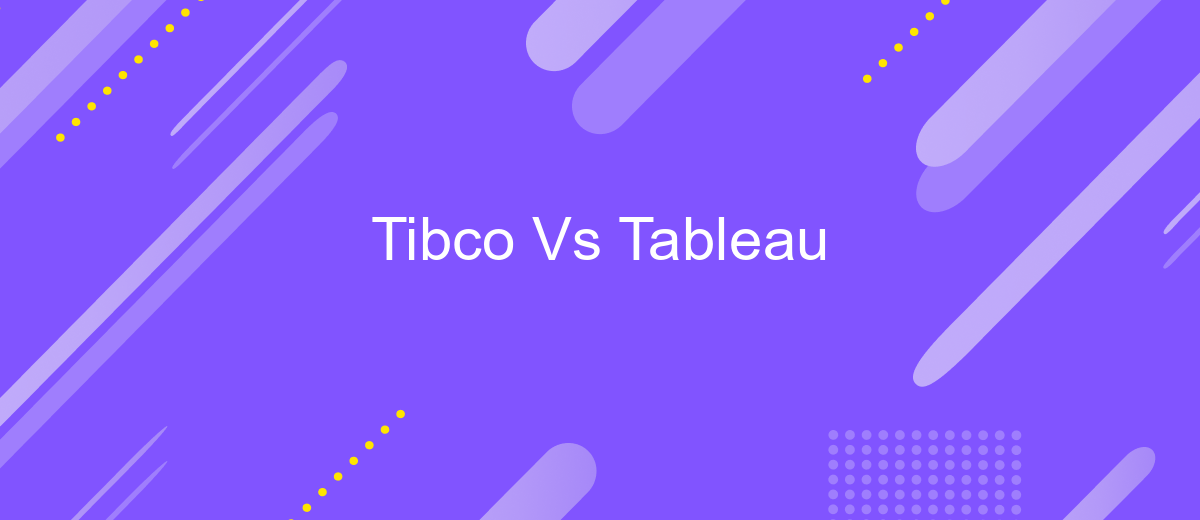Tibco Vs Tableau
When it comes to data visualization and business intelligence, Tibco and Tableau are two leading contenders in the market. Both platforms offer robust tools for transforming raw data into actionable insights, but they cater to different needs and preferences. This article explores the key features, strengths, and weaknesses of Tibco and Tableau, helping you make an informed decision for your business.
Introduction
In the rapidly evolving landscape of data analytics and business intelligence, selecting the right tool can make a significant difference in how organizations analyze and visualize their data. Tibco and Tableau are two prominent players in this domain, each offering distinct features and capabilities. Understanding their differences is crucial for businesses aiming to optimize their data strategies.
- Tibco: Known for its robust data integration and advanced analytics capabilities.
- Tableau: Renowned for its user-friendly interface and powerful data visualization tools.
Both Tibco and Tableau have unique strengths that cater to different business needs. While Tibco excels in complex data integration and real-time analytics, Tableau provides intuitive and interactive visualizations. For organizations looking to streamline their data workflows, integration services like ApiX-Drive can further enhance the capabilities of these tools by automating data transfers between various platforms, ensuring seamless and efficient data management.
Feature Comparison

When comparing Tibco and Tableau, one of the primary distinctions lies in their data integration capabilities. Tibco excels with its robust data integration tools, allowing seamless connectivity across various systems and applications. This integration strength is further enhanced by third-party services like ApiX-Drive, which facilitate easy and efficient integration setup, ensuring that data flows smoothly from diverse sources into Tibco's analytics platform.
On the other hand, Tableau is renowned for its user-friendly data visualization and business intelligence features. It offers intuitive drag-and-drop functionalities, making it accessible for users with minimal technical expertise. While Tableau also supports data integration, it is not as comprehensive as Tibco's offering. However, with services like ApiX-Drive, users can enhance Tableau’s integration capabilities, simplifying the process of connecting various data sources to create insightful visualizations and dashboards.
Pricing and Licensing

When comparing Tibco and Tableau in terms of pricing and licensing, it's essential to understand their distinct approaches. Tibco offers a more complex pricing model that varies based on the specific products and services you choose. This can include options for on-premise or cloud deployments, with additional costs for support and maintenance. Tableau, on the other hand, provides a more straightforward subscription-based pricing model, which includes different tiers based on user roles and needs.
- Tibco: Custom pricing based on product selection, deployment type, and additional services.
- Tableau: Subscription-based pricing with different tiers (Creator, Explorer, Viewer).
Both platforms offer flexible licensing options to cater to various business needs. Tibco's model may be more suitable for organizations requiring a tailored solution with extensive integration capabilities. In contrast, Tableau's transparent pricing structure can be advantageous for businesses looking for a predictable cost model. For those seeking to streamline integrations, services like ApiX-Drive can assist in connecting both Tibco and Tableau with other tools, enhancing overall workflow efficiency.
Use Cases and Industry Applications

Tibco and Tableau are powerful tools used across various industries for data analytics and visualization. Tibco excels in data integration, real-time analytics, and complex event processing, making it ideal for industries requiring high-speed data handling and integration, such as finance and telecommunications.
Tableau, on the other hand, is renowned for its user-friendly interface and strong visualization capabilities, which make it popular in industries like marketing, healthcare, and education. It allows users to create interactive dashboards and gain insights from their data with ease.
- Finance: Tibco for real-time trading analytics; Tableau for financial reporting.
- Healthcare: Tableau for patient data visualization; Tibco for rapid data integration.
- Telecommunications: Tibco for network monitoring; Tableau for customer analytics.
- Marketing: Tableau for campaign performance tracking; Tibco for integrating various data sources.
For businesses looking to integrate these tools seamlessly, services like ApiX-Drive can be invaluable. ApiX-Drive simplifies the process of connecting Tibco and Tableau with other platforms, ensuring smooth and efficient data flow across systems.
Conclusion
In conclusion, both Tibco and Tableau offer robust solutions for data visualization and business intelligence, each with its unique strengths. Tibco excels in handling complex data integration and advanced analytics, making it a preferred choice for organizations with intricate data environments. On the other hand, Tableau stands out for its user-friendly interface and powerful visualization capabilities, which cater to users who prioritize ease of use and quick insights.
Ultimately, the choice between Tibco and Tableau depends on the specific needs and priorities of your organization. For those requiring seamless integration across various data sources, services like ApiX-Drive can further enhance the capabilities of either platform by automating data workflows and ensuring smooth data synchronization. By carefully evaluating your requirements and considering the integration possibilities, you can select the tool that best aligns with your business goals and drives informed decision-making.


FAQ
What are the primary differences between TIBCO and Tableau?
Which platform is better for real-time data analytics?
Can Tableau integrate with TIBCO?
Which platform is easier to use for non-technical users?
What are the options for automating data workflows between TIBCO and Tableau?
Do you want to achieve your goals in business, career and life faster and better? Do it with ApiX-Drive – a tool that will remove a significant part of the routine from workflows and free up additional time to achieve your goals. Test the capabilities of Apix-Drive for free – see for yourself the effectiveness of the tool.

